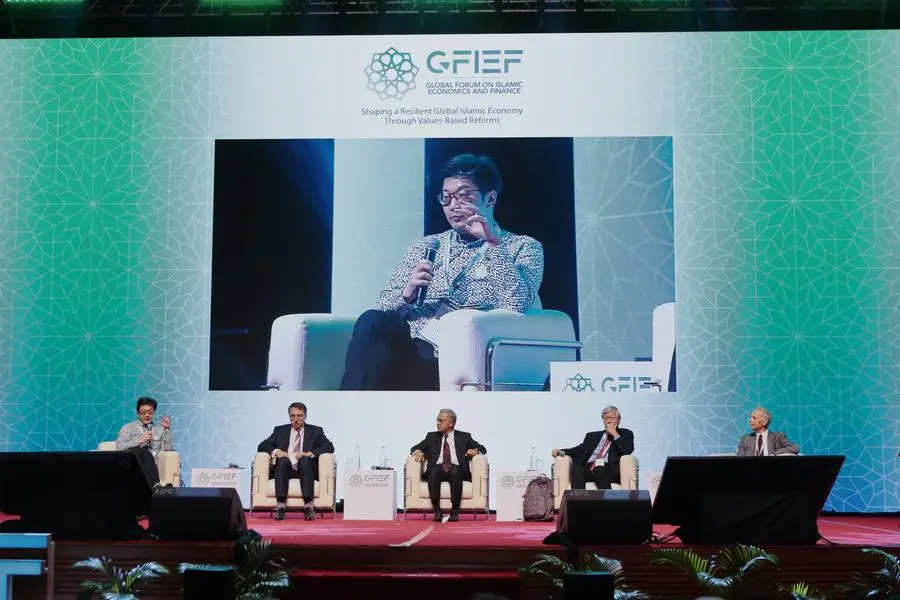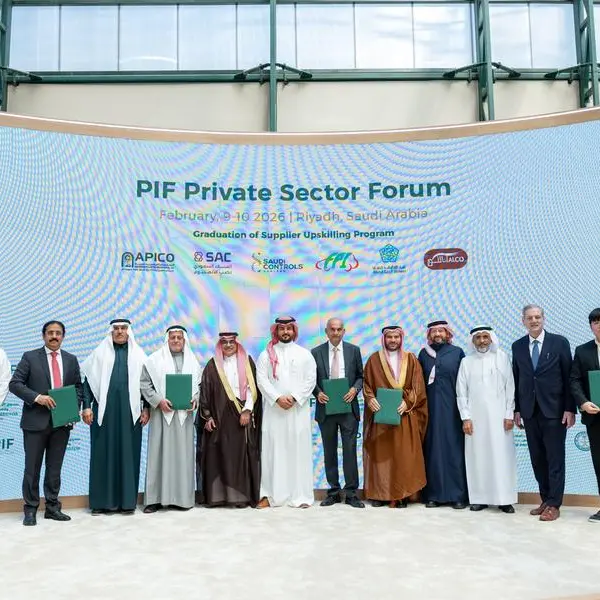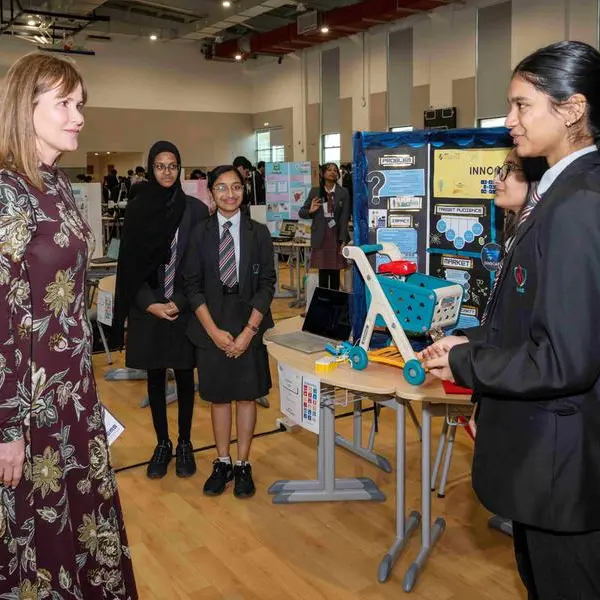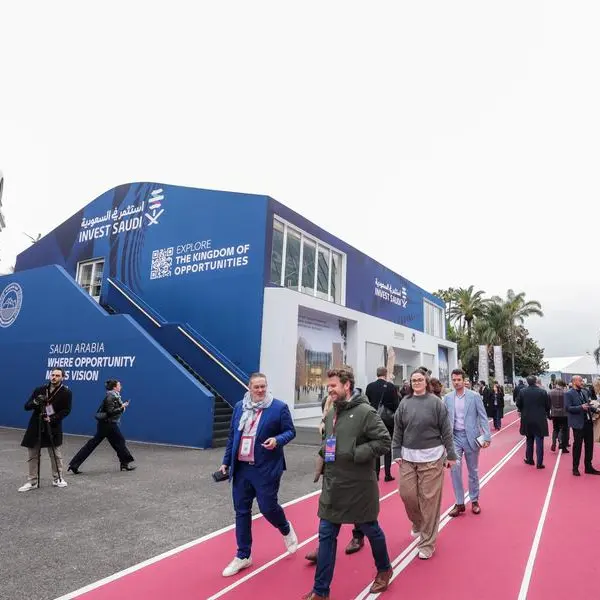PHOTO
Kuala Lumpur, Malaysia: Panel speakers of the feature session titled, ‘Bridging Perspectives: Integrating Modern Economic Thinking with Islamic Economics Principles,’ at the Global Forum of Islamic Economics and Finance highlighted the potential applications of Islamic economic principles to address pressing global challenges. The session, moderated by Yin Shao Loong, Deputy Director of Research at the Khazanah Research Institute, focused on the need to reconfigure current systems to tackle issues such as inequality, climate risk management, and economic resilience. The session featured four distinguished panelists: Tan Sri Dr. Daud Bakar, Tan Sri Andrew Sheng, Professor Mehmet Asutay and Dr. Andrew Coleman.
Professor Asutay, Director of the Durham Centre for Islamic Economics and Finance, commented on the hegemony of capital in modern economic systems, arguing that efforts like Sustainable Development Goals merely moderate the consequences of capitalism without addressing its fundamental issues. He proposed looking into authentic solutions, in particular by leveraging the Islamic political and moral economy, as it promotes the concept of justice and equilibrium (ihsan). Excessive consumption beyond permissible resources can lead to broader economic and social imbalances. Professor Asutay also argues on resource accessibility from Islamic values as an alternative perspective and inclusive solution. “The Prophet (SAW) says that “Muslims have equal rights in three ways: fields, water, and fire”. These are public goods. They cannot be left at the mercy of corporations to charge us all those prices and then gain billions of dollars of profit," he said.
Tan Sri Andrew Sheng, a member of the MIFC Leadership Council, continued with commentary on the ethical foundations of Islamic finance, which can overcome the weakness of interest-based financing and risk transfer systems. He also highlighted Islamic concepts that promote wealth circulation in the economy and present natural ethical imperatives, e.g. instruments such as waqf and zakat. He called for a paradigm shift in economic thinking, urging both Western and Islamic economies to co-adopt a stewardship role in renewing the economic models. He advocated for a cooperative global effort to create a peaceful and prosperous world through ethical and sustainable economic practices.
Meanwhile, Dr. Coleman, Senior Research Economist at the Reserve Bank of New Zealand, focused on the critical issue of climate finance, particularly the importance of building trusts to promote global cooperation in addressing the funding gaps to transition to green energy. He expressed optimism that innovative Islamic financial instruments could bridge these gaps and foster investors’ confidence, enabling sustainable development without exacerbating climate issues. Dr. Coleman highlighted the potential for forums like this to foster necessary dialogues and innovations to address global climate finance challenges effectively.
Tan Sri Dr. Daud Bakar, Executive Chairman of Amanie Group and the recipient of the Royal Award for Islamic Finance 2022 emphasised the need to focus on things within control. In the case of Islamic banking, where Malaysia is already in an advanced state, he advocated for bold efforts to reduce the concentration of banking assets in property financing with rebalanced trade financing and sustainable financing. He also stressed the importance of modernising new economic models and redefining capital concepts based on data analytics, evolving demand and global trends. In integrating Islamic economy and Islamic finance, Dr. Daud called for a sandbox approach by authorities and the private sector to experiment with new ideas, ensuring that economic and financial products effectively serve society by providing essential services such as jobs, food, and education.
This session underscored the potential of Islamic economic principles to address contemporary global economic challenges by emphasising ethical finance, sustainability and equitable growth. The panellists provided a stirring appeal for a more balanced and just global economy by integrating these principles into modern economic frameworks.
-Ends-
About GFIEF 2024:
The Global Forum on Islamic Economics and Finance (GFIEF) brings together over 2,300 policymakers, industry leaders and practitioners from 75 countries in Kuala Lumpur. Themed ‘Shaping a Resilient Global Islamic Economy Through Values-based Reforms’, the two-day forum aims to unlock the transformative power of Islamic economics and finance in fostering shared prosperity and equity. GFIEF features policy discourse and innovative solutions based on Islamic economics and finance principles to address the world's challenges.
For more information, please visit kl.gfief.com.my
Media Contact:
Wai Fong TAN (Ms)
Media Co-ordinator
waifong@twfcomms.com




















